Terms of Endearment (1983)
“Grown women are prepared for life’s little emergencies.”
|
Synopsis: |
|
Genres, Themes, Actors, and Directors:
Response to Peary’s Review: Peary notes in his GFTFF review that TOE is fortunately “not one of those pictures in which a stern parent lets her… daughter know that she indeed loves her deeply although she could never express it”; instead, “there is never any question that they love each other”, which is what makes the film as a whole so refreshing. When we watch Winger’s young character butting heads with her mom in opening scenes — and witness MacLaine actually admitting she’d prefer not to attend Winger’s wedding — we believe we’re being set up for a story that will center around ongoing mother/daughter strife; instead, what we see is a film “about two different women who become close friends“. While they remain “adversaries, they [also] seek out each other’s advice and support”, as they “begin leading parallel lives” (“both have affairs… at the same time”). In the remainder of his review, Peary mentions numerous major spoilers that probably won’t be news to most film fanatics, but I’ll refrain from discussing them here. Suffice it to say that “the tragedy that befalls [one of the main characters] leads us to the film’s reassuring theme: in a crisis, especially a life-and-death situation, even irresponsible people will come through for those they love”. Peary notes that “we get a unique look at what makes even the most common people special”, and argues that TOE remains a “touching, tear-inducing film”. He points out that writer/director James L. Brooks’ project (based on a novel by Larry McMurtry) “was rejected by several studios because executives thought it was more appropriate for a television movie”, which makes sense — but the actors and the screenplay ultimately elevate this one above the level of most made-for-TV melodramas. It’s definitely worth a watch. Redeeming Qualities and Moments:
Must See? Categories
(Listed in 1001 Movies You Must See Before You Die) Links: |
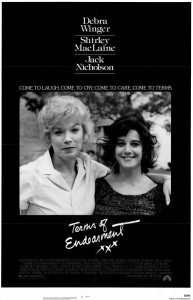
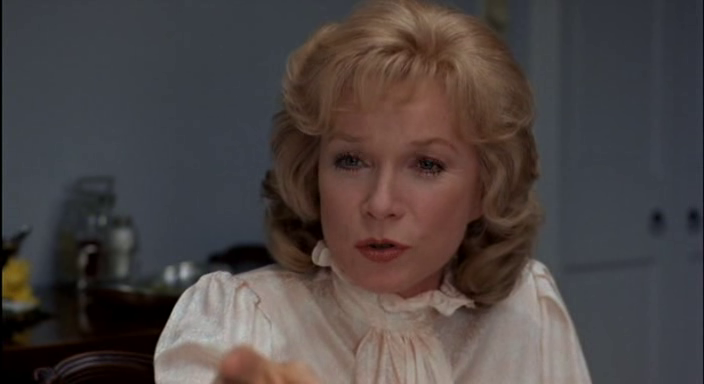
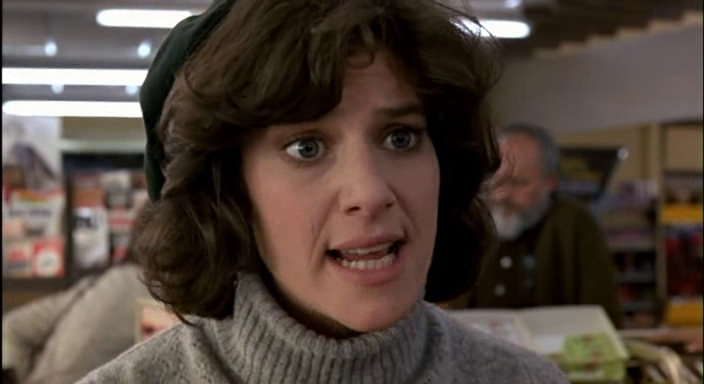
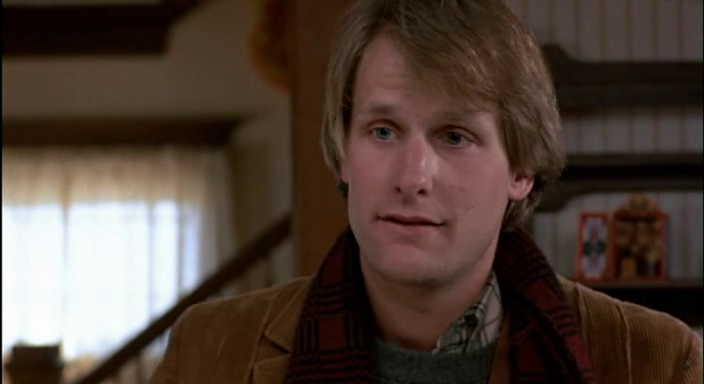
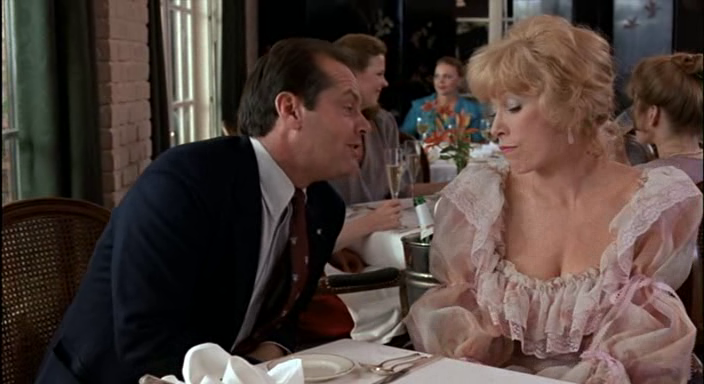

One thought on “Terms of Endearment (1983)”
Must-see, for the performances and for its dynamite script and direction.
McMurtry’s novel is one I still mean to get to – mainly because I’m intrigued to know how it differs from the screen version (whether significantly or not). ‘TOE’ has one of the best scripts in contemporary film – which is why I find Peary’s comment that it “doesn’t always mesh” troublesome. Where exactly does it not mesh? What’s managed particularly well is the capture of the passing of a long period of time – this appears seamlessly done. Director Brooks also makes sure that we feel the exact depth of the mother-daughter tie: not just in dialogue but in mannerisms, reactions, all of the little unspoken ways we can tell these two women are uniquely bound together (whether they always like each other or not).
I had not watched this in many years. I remember when I first saw it – with a NYC bf, at the time. Seeing it in a NYC theater, naturally the “Well, then, you must be from New York.” got a big, knowing laugh. But I recall feeling the audience liking it immensely. And it is a very likable film – the humor is overflowing, balanced evenly with the all-too-real situations that ground the film in realism. Since the focus is on a very strong, singular relationship, we’re made to feel that most of what lives outside of that relationship is superficial or foreign by comparison. In other words, few people know or appreciate you as well as someone who has invested a lot of time in you.
To me, if MacLaine’s Aurora is overly careful, it’s largely because she knows what the world and its inhabitants are. She knows there is a casualness or carelessness in the world that one must guard against. I can respect her for that.
I don’t think the film has any real shortcomings at all. At 131 minutes, it flies by. The casting is expertly done and the performances are right on-target across-the-board. It’s all extremely believable and as entertaining as it is heartbreaking. I like the solid mix of both – that does kind of make it my kind of film in particular.
Fave exchange:
Nicholson: …You need a lot of drinks.
MacLaine: To break the ice?
Nicholson: To kill the bug that you have up your *ass*!